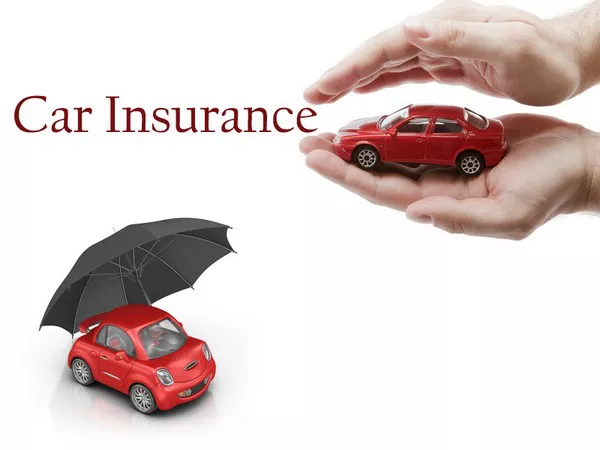Car accidents can be unsettling and bring about a series of concerns, including the impact on your car insurance. After an accident, it’s important to understand how your car insurance may be affected and what steps to take to navigate the process. In this article, we’ll explore what happens to car insurance after an accident, covering aspects such as filing a claim, potential rate increases, coverage considerations, deductible implications, and the role of accident forgiveness. By gaining insights into these elements, you can make informed decisions and ensure you have the coverage you need when it matters most.
1. Filing a Car Insurance Claim
Reporting the Incident
After an accident, the first step is to report the incident to your insurance company. This can usually be done online or by phone. Providing accurate and detailed information about the accident is essential for the claims process.
Claims Adjuster Assessment
Once the claim is filed, a claims adjuster will assess the damages to your vehicle. They will determine the extent of the damage and estimate the cost of repairs. In some cases, they may also assess fault and liability.
2. Potential Impact on Premiums
Rate Increases
One of the most common concerns after an accident is the potential increase in insurance premiums. If you are found at fault for the accident, your insurance rates may go up. However, the extent of the increase can vary based on factors such as your driving history and the severity of the accident.
Accident Forgiveness
Some insurance companies offer an optional feature known as accident forgiveness. This means that your rates may not increase after your first at-fault accident, providing you have a clean driving record prior to the incident. It’s important to check if this feature is available and understand its terms.
3. Coverage Considerations
Liability Coverage
Liability coverage typically pays for damages and injuries you cause to others in an accident. If you are found at fault, your liability coverage will come into play to cover the other party’s expenses.
Collision Coverage
Collision coverage helps pay for repairs to your vehicle after an accident, regardless of fault. If you have collision coverage, you can file a claim to cover the cost of repairing your car.
Comprehensive Coverage
Comprehensive coverage extends beyond accidents and covers damages caused by events such as theft, vandalism, and natural disasters. If your car was damaged due to a non-collision incident, comprehensive coverage may apply.
4. Deductible Implications
Paying the Deductible
When filing a car insurance claim, you will typically need to pay a deductible before your insurance coverage kicks in. The deductible is the amount you agree to pay out of pocket before the insurance company contributes to the cost of repairs.
Impact on Costs
The amount of your deductible can impact the total cost of the claim. A higher deductible usually results in lower insurance premiums, but it also means you’ll have to pay more out of pocket in the event of an accident.
5. Repair Process and Insurance
Choosing a Repair Shop
After an accident, you have the right to choose where you want your vehicle repaired. Your insurance company may recommend preferred repair shops, but you are not obligated to use them. It’s important to select a reputable repair shop that can provide quality work.
Direct Payment to Repair Shop
In some cases, your insurance company may pay the repair shop directly for the covered damages. This can streamline the process and ensure that repairs are completed efficiently.
Conclusion
In conclusion, understanding what happens to car insurance after an accident is crucial for navigating the aftermath of a collision. Filing a claim, potential rate increases, coverage considerations, deductible implications, and the role of accident forgiveness are all important aspects to consider. By being informed and proactive, you can ensure that your insurance coverage effectively protects you and your vehicle in the event of an accident. Remember to communicate openly with your insurance company, choose a reputable repair shop, and explore options such as accident forgiveness to minimize the potential impact on your insurance premiums. With the right knowledge and preparation, you can confidently address the challenges that may arise after an accident and continue to drive with peace of mind.


